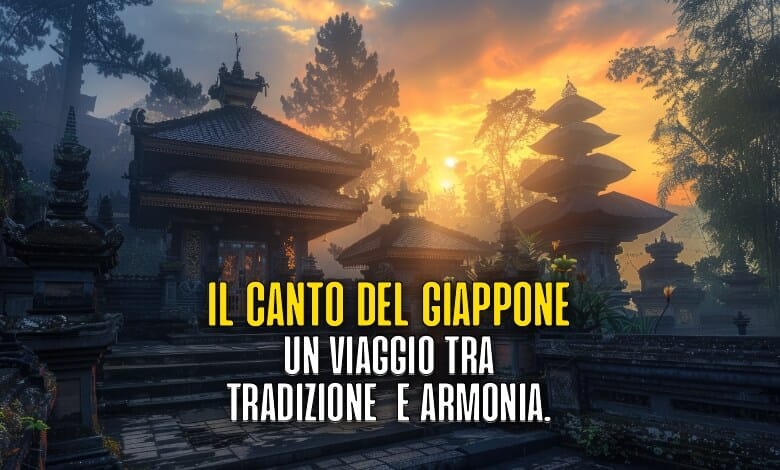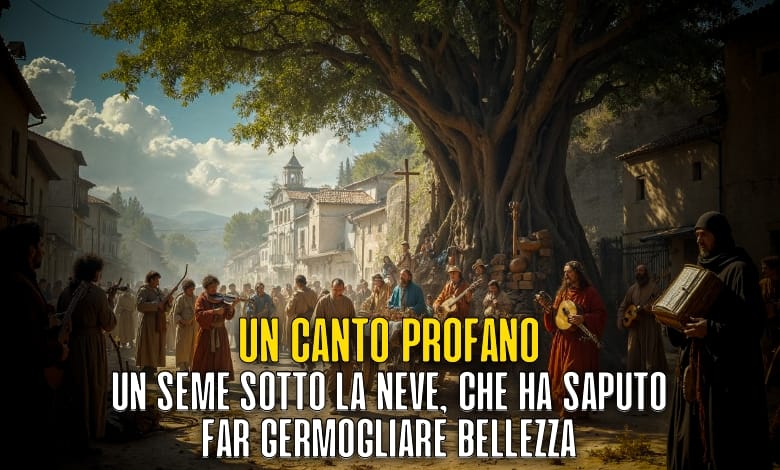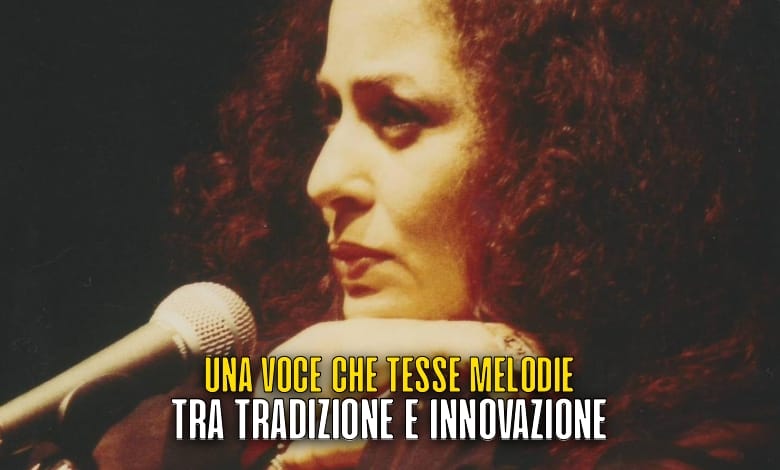Article index
I'll tell you the story of Rosa Balistreri.
I am not the singer of those who need it in the dress, no no no, I am not even a singer, I am a cuntoie and a storyteller, because I learned from the people the history of our Sicily. I sing what our grandparents and great -grandparents sang "
(Rosa Balistreri)
Rosa Balistreri, the southern songwriter as the Sicilian poet Ignazio Buttitta , was born in Licata in the province of Agrigento on March 21, 1927.
He had a very tormented life: a violent father, a daughter had at a very young age by a man who had been imposed on her and who tried to kill because she had lost the game of the girl to the game and for this she was imprisoned. She was forced to carry out the most humble jobs to maintain herself and her daughter and lived on her own skin the injustices and overwhelming people who underwent humble, poor and defenseless people daily. He began to sing the life stories of those people, misery and hunger, unemployment and emigration, violence and solitude to make known, through his powerful and vibrant voice, the reality of the land he loved so much.
I was 9 years old, 10 years old and my father often came to wake me up at three in the morning and he said to me - Rosina, do you want to come with me in the countryside? Let's go to collect the ears. - And we went to the countryside, sometimes without even bread because he didn't have it. Afterwards, lucky to find these ears, they were 40, 50 km on foot with the bag in neck.
Those ears, who remained in the field after harvesting, were a precious wealth for a very poor family like that of Rosa Balistreri and even the harvest was an activity of primary importance for the Sicily of those years. It was a real ritual, an opportunity to consolidate common life values and bonds of solidarity and collaboration. Often the performance of the work was marked with verses of devotion and thanks to God, to the saints and to the Madonna and from auspicious rituals for the harvest.
Mirrina, a song recovered and re -proposed by Rosa Balistreri, is the song of the harvest and threshing that took place in the fields before the advent of the machines.
Mirrina was the name that the farmers gave to the mules who, turning in the round in the Hague, incited by men with rhythmic and well -marked calls, trampled on the crooked ears with their hooves to shatter them. The work took place in the height of summer under the scorching sun, the women worked together with men and during the day, one of them had the task of bringing the Càntara or Quartara, a crock container full of fresh water to calm the thirst.
Here you can listen to Mirrina in the version of Rosa Balistreri and in that of the Cantunovu, a Syracusan group that for years has been dedicated to the rediscovery and enhancement of Sicilian music and traditions.
Lyrics of the song
Ah, ccà! Mirrina and reinforce to Lu Ventu
and Vatti Lu Violu Cantu Cantu
a nomu by Lu Santu Sacramentu
Lu Patri, Figliu and Lu Spiritu Santu.
Cut the spiga ncentu votes ncentu
and menti ca tu turns iu cacciu a cantu
ah ccà! Mirrina, ca nta stim furmentu
lu on oru ci jttau lu mantu.
Now ca the air was watched by
Po 'you dry the South
Curremu Ca lu on ca nn'Aga
of Quannu Mushing Nsinu a quannu dark.
Amuri you know it is life is bitter
and you know comu La Siti nni Tourcture
is clashed to Nina Cu the sò Quartara
Dici ca turi sò mori d'Arsura.
Ah, here! Mirrina and repeated in the wind
and beat the Aia I return
in the name of the Holy Sacrament
of the Father, the Son and the Holy Spirit.
Translation:
Cut the spiga one hundred times and one hundred
and while you turn you and sing
ah, here! Mirrina that in this wheat
the golden sun has left its mantle.
Now that the time has changed,
let's soon make the sweat
sneaks down that the sun burns us
from daytime until it is dark.
Love, you know, this life is bitter
and you know how thirst torture us
if you meet Nina with her jug
Delle that she dies of her thirst.
Read also the article: the tobacconists of Salento: Fimmine Fimmine a singing song








